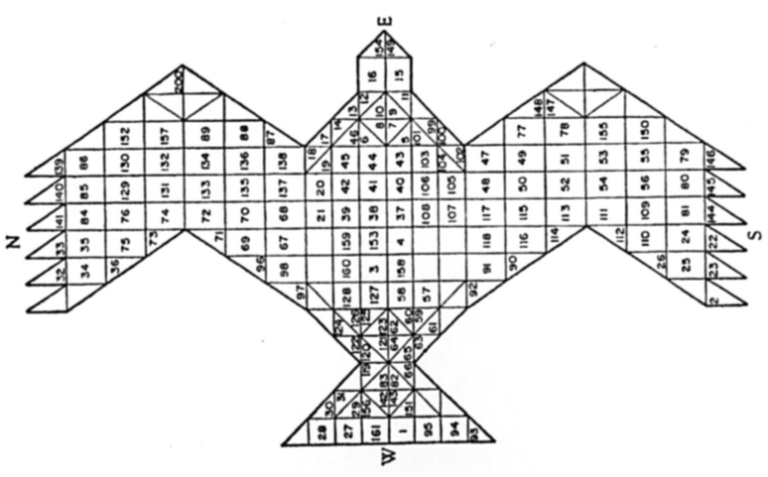
Lecture by Prof. Dr. Matteo Pasquinelli
Arts and Design PhD colloquium
Weimar University
Time:
Wednesday, 26 June, 7.30 p.m.
Location:
Van-de-Velde-Bau, room HP05
Geschwister-Scholl-Straße 7
99423 Weimar
Abstract. As the mathematician Jean-Luc Chabert noted: “Algorithms have been around since the beginning of time and existed well before a special word had been coined to describe them. Algorithms are not confined to mathematics. The Babylonians used them for deciding points of law, Latin teachers used them to get the grammar right, and they have been used in all cultures for predicting the future, for deciding medical treatment, or for preparing food.” Ancient algorithms emerged from ritual practices and the organisation of the social life. During the industrial revolution, Babbage’s calculating engines emerged from the project to mechanise the division of mental labour. Similarly, today, the algorithms of machine learning and AI emerge from personal data and collective behaviours. Our perspective about the algorithms of AI, then, have to change. Algorithms are usually perceived to be the application of complex mathematical formulas in the abstract. On the contrary, even the most complex algorithms always emerge from material practices: they are emergent processes that materialise out of a previous and spontaneous division of space, time and labour.
Matteo Pasquinelli (PhD) is Professor in Media Philosophy at the University of Arts and Design, Karlsruhe, where he is coordinating the research group on critical machine intelligence KIM. He recently edited the anthology Alleys of Your Mind: Augmented Intelligence and Its Traumas (Meson Press) among other books. His research focuses the intersection of cognitive sciences, digital economy and machine intelligence. For Verso Books he is preparing a monograph provisionally titled The Eye of the Master: Capital as Computation and Cognition.

